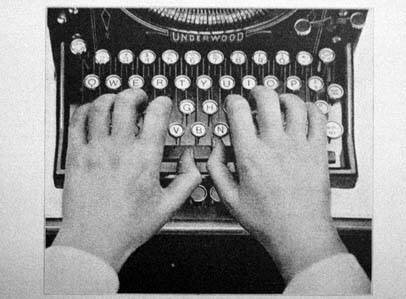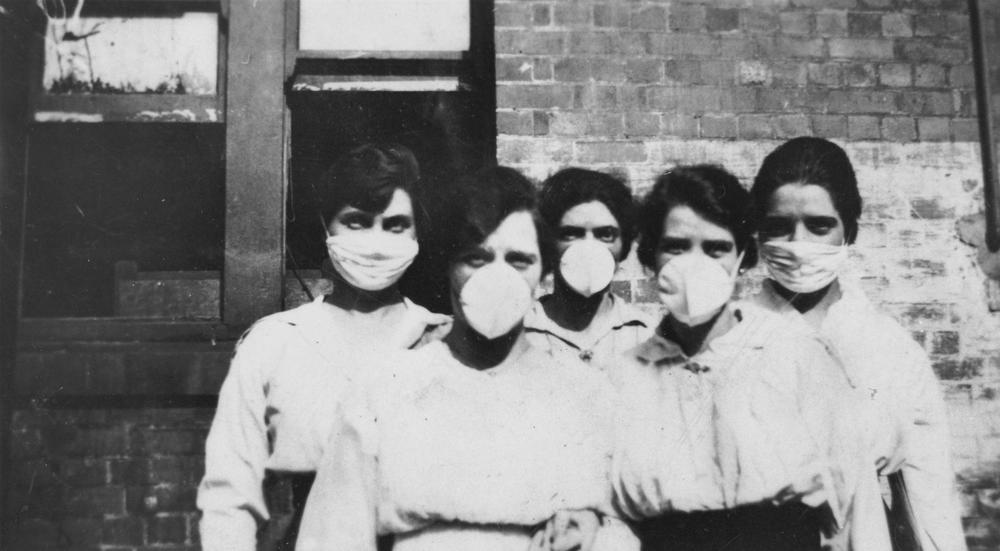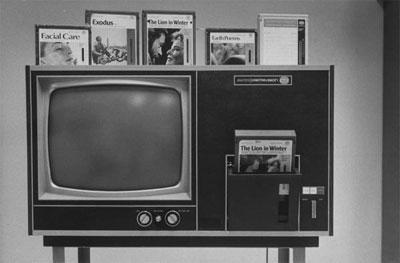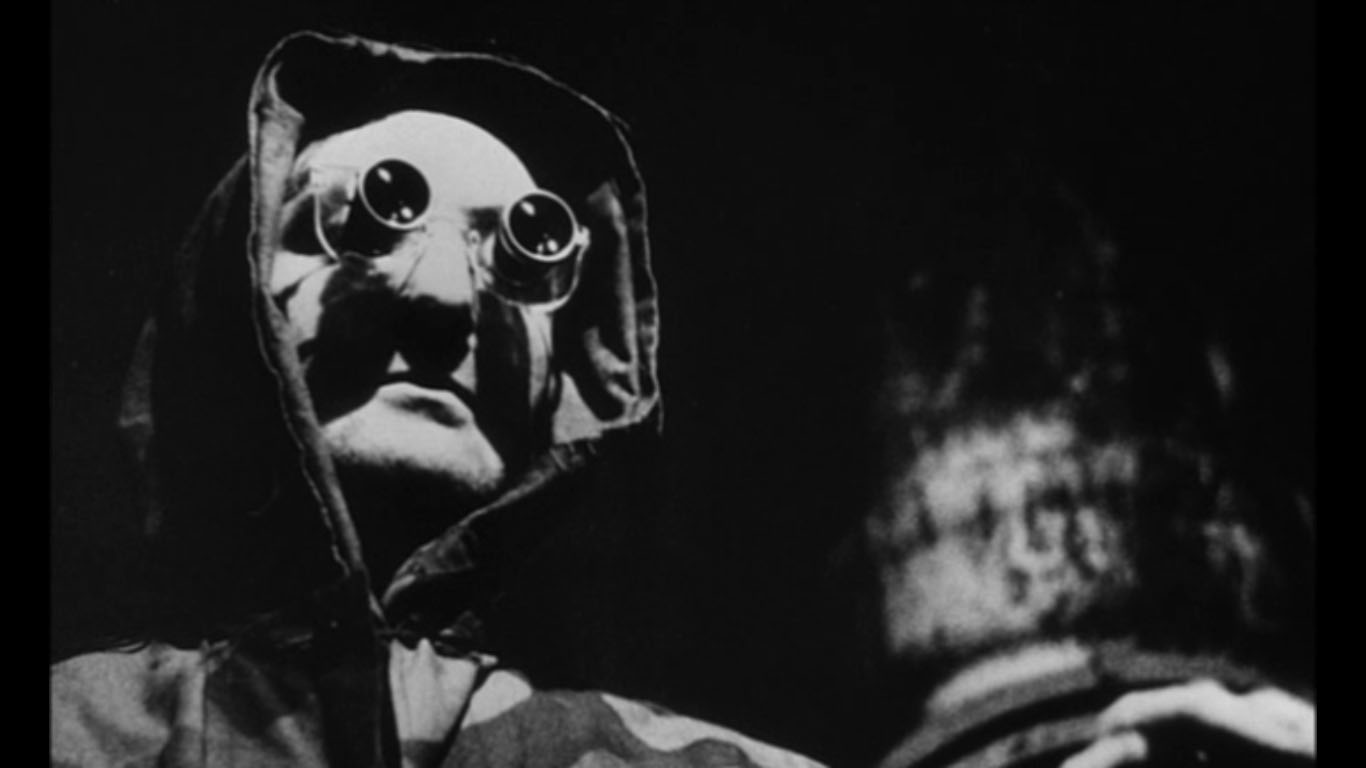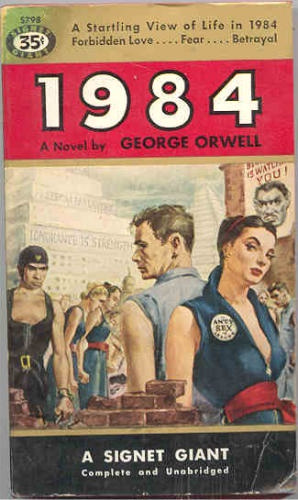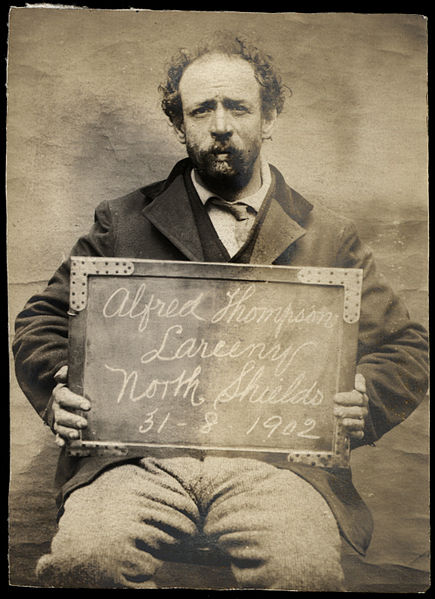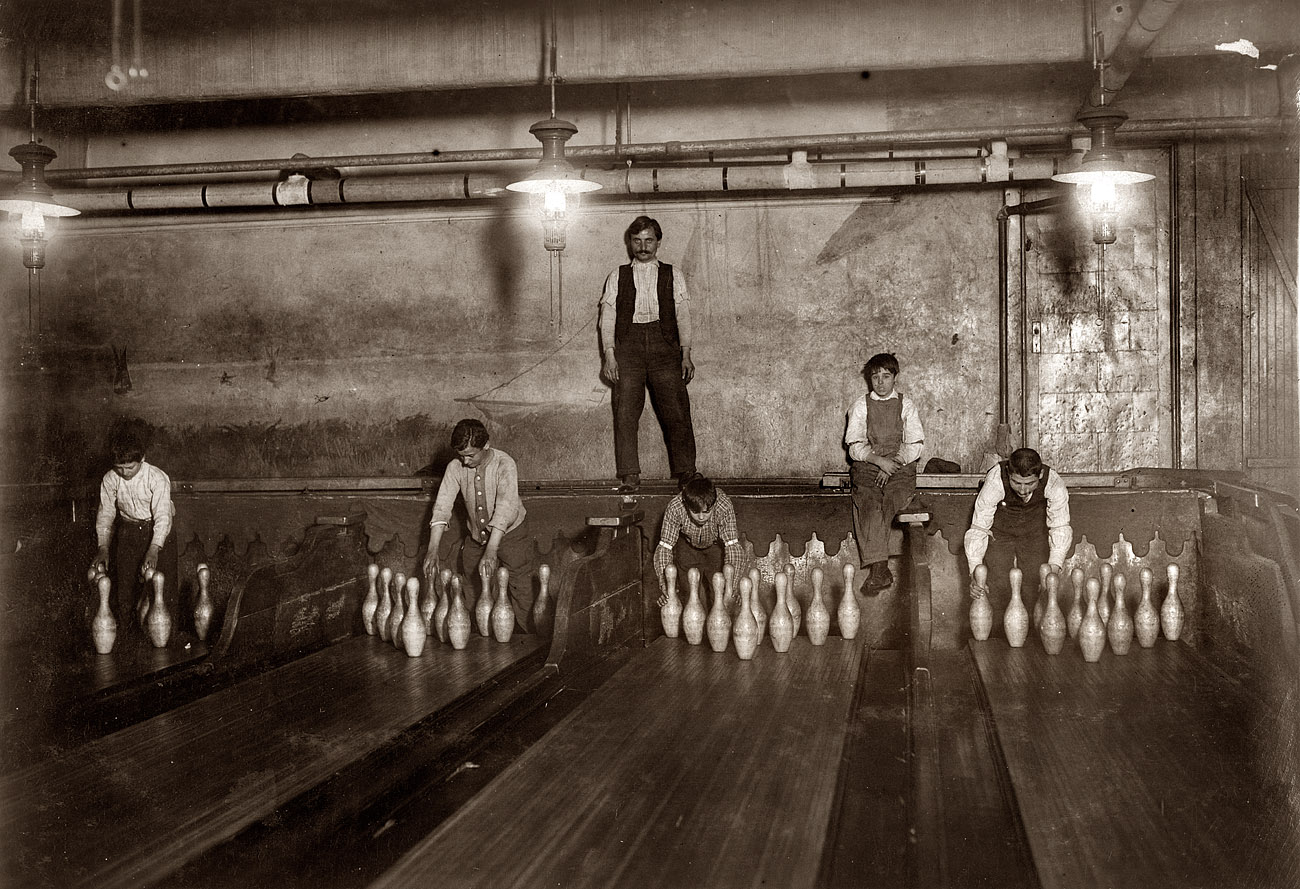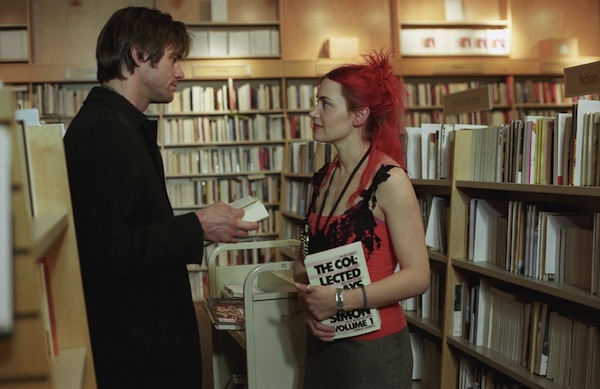The opening of the first New York Times article about Barack Obama, in 1990, when he became the initial African-American president of the Harvard Law Review:
“The Harvard Law Review, generally considered the most prestigious in the country, elected the first black president in its 104-year history today. The job is considered the highest student position at Harvard Law School.
The new president of the Review is Barack Obama, a 28-year-old graduate of Columbia University who spent four years heading a community development program for poor blacks on Chicago’s South Side before enrolling in law school. His late father, Barack Obama, was a finance minister in Kenya and his mother, Ann Dunham, is an American anthropologist now doing fieldwork in Indonesia. Mr. Obama was born in Hawaii.
‘The fact that I’ve been elected shows a lot of progress,’ Mr. Obama said today in an interview. ‘It’s encouraging.
‘But it’s important that stories like mine aren’t used to say that everything is O.K. for blacks. You have to remember that for every one of me, there are hundreds or thousands of black students with at least equal talent who don’t get a chance,’ he said, alluding to poverty or growing up in a drug environment.”






